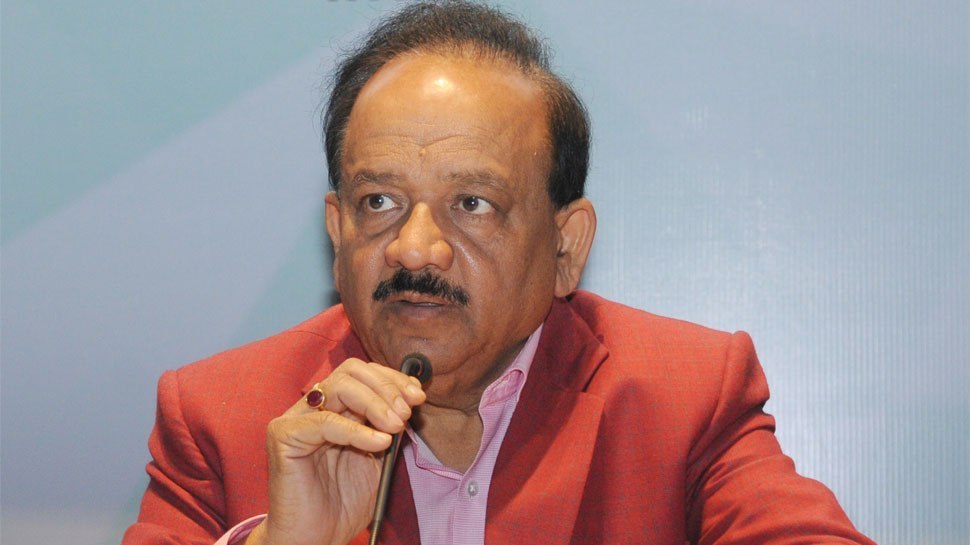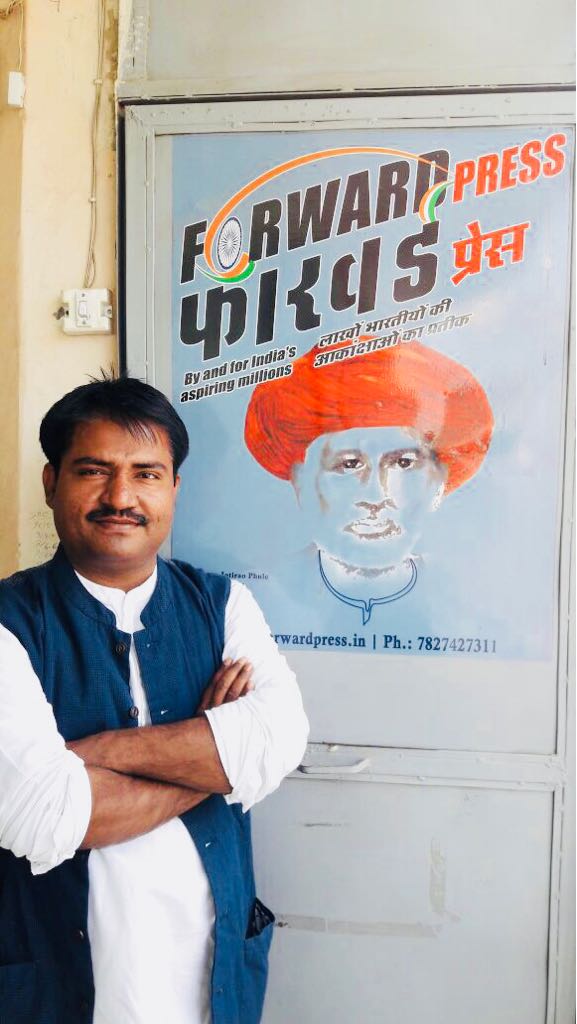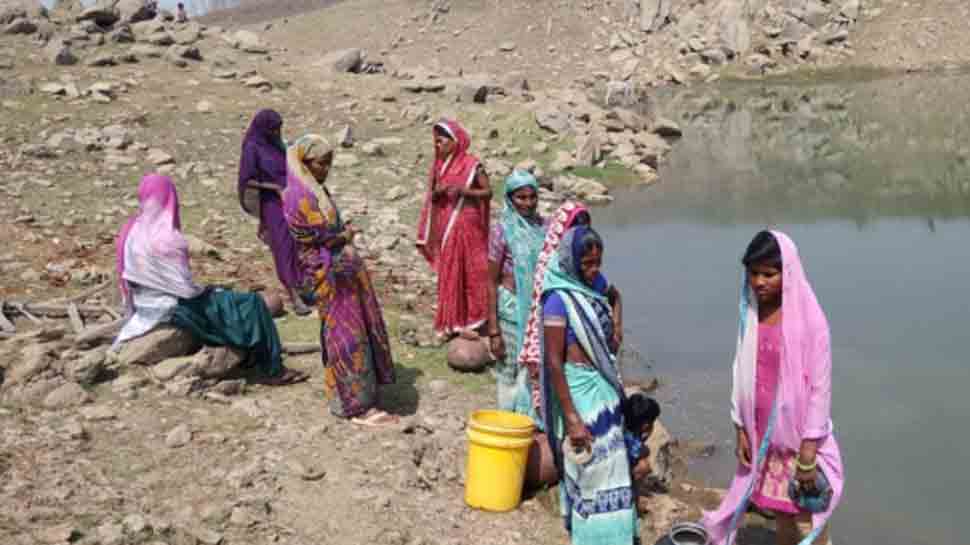All possible efforts are being made to block the entry of OBC candidates into institutions of higher learning. The latest example is the admission to medical colleges through National Eligibility cum Entrance Test (NEET). Ironically, these efforts are being made with the full knowledge of the Bharatiya Janata Party (BJP)-led government at the Centre, whose politics since 2014 has focused on wooing the OBCs. More than 3,000 seats in medical colleges, which were meant for OBC candidates, are going to general-category students. That is because 27 per cent reservation is not being provided to the OBCs in the seats under All India Quota (AIQ) for undergraduate and postgraduate courses in medical colleges run by the states – this, when the central government is bound by law to providing 27 per cent reservation in higher education.
Karunanidhi, general secretary of All India Federation of Other Backward Classes Employees Welfare Associations, has written to Prime Minister Narendra Modi to intervene in the matter.
This is how OBCs are suffering
In his letter, Karunanidhi says that 27 per cent reservation was not provided to the OBCs in the AIQ seats for undergraduate and postgraduate medical courses in the academic years 2017-18, 2018-19 and 2019-20. For instance, in 2018-19, only 220 OBC candidates were admitted to postgraduate courses while they had a claim over 2,152 of the 7,982 seats. Similarly, only 66 OBC students were admitted under AIQ to the undergraduate course (MBBS). There are 4,061 AIQ MBBS seats, of which 27 per cent (1,096) should have been filled with OBC candidates. It was the responsibility of the central government to ensure that OBCs got the number of seats they were assigned.

OBCs lose 3,000 seats every year: Centre awaits court verdict
The issue was raised in Parliament on more than one occasion. But instead of taking a concrete step to resolve the problem, in reply to a question by Rajya Sabha member P. Wilson, Union Health Minister Harsh Vardhan expressed his helplessness. The minister told the Rajya Sabha on 18 December 2019, that rules regarding reservations in medical colleges are in place but as the OBC quota differs from state to state and the state governments fix quotas, the Centre is unable to intervene. The minister also said that the Centre’s hands were tied as a case pertaining to this issue (Saloni Kumari versus Directorate of Health Services – petition number 596/2015) is pending in the Supreme Court.

SC-STs get reservations at the national level
Following the judgment dated 31 January 2007 of a three-judge bench of the Supreme Court, 15 per cent AQI seats were reserved for SCs and 7.5 per cent for STs in medical colleges nationwide. The bench was chaired by the then Chief Justice of India K.G. Balakrishnan and included Justice Dalveer Bhandari and Justice D.K. Jain. In its judgment, the court, quoting its order of 28 February 2005, said that 50 per cent of the AQI seats in medical colleges should be reserved and it should be ensured that the SCs and the STs get 15 per cent and 7.5 per cent reservation, respectively.
The order was implemented by the Government of India. Though the government argues that the reservation quota for OBCs is different in different states, the fact is that is also true of the quotas for SCs and STs. For instance, in Uttar Pradesh, there is 21 per cent reservation for SCs and 2 per cent for STs; in Tamil Nadu, 18 per cent and 1 per cent seats, respectively, are reserved for the two communities. In some northeastern states, up to 80 per cent seats are reserved for STs.
When reservation in AQI seats can be fixed for SCs and STs, why the same cannot be done vis-à-vis the OBCs?

What can the government do?
Karunanidhi has requested Prime Minister Modi to file an affidavit in the Supreme Court saying that 27 per cent seats should be reserved for the OBCs just as in the case of SC-STs. It was on the basis of such an affidavit that the SC had ordered 15 per cent and 7.5 per cent reservation for SCs and STs, respectively, in AQI seats of medical colleges. But instead of doing that, the government is simply awaiting the judgment of the SC.
(Translation: Amrish Herdenia; copy-editing: Anil)






